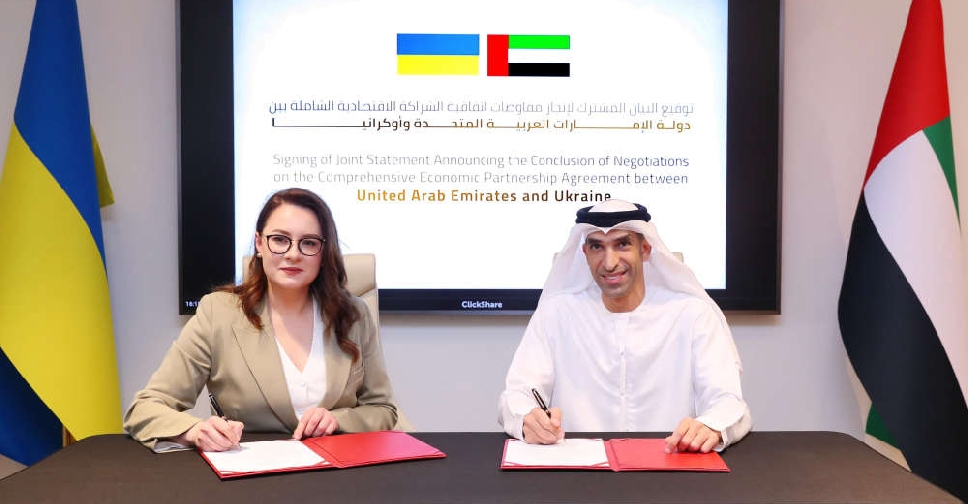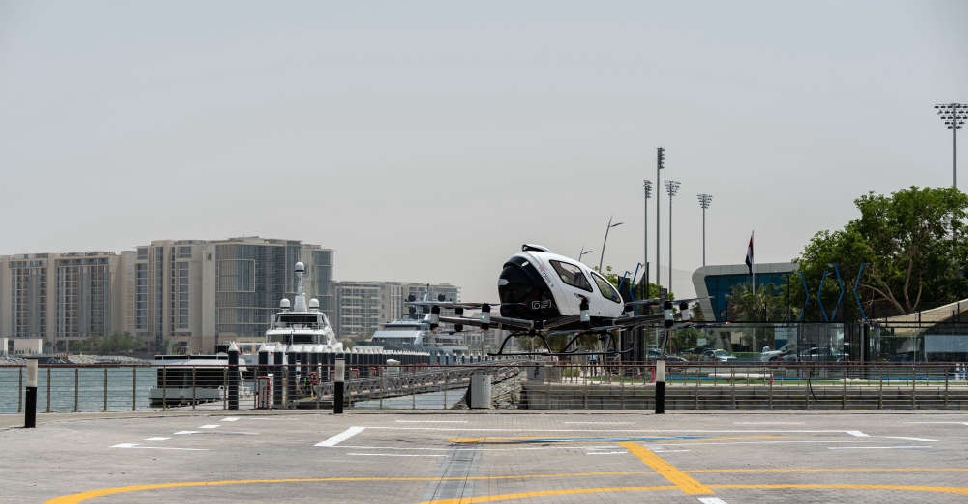
Venezuela declared Wednesdays and Thursdays as non-working days for government workers, making for a two-day work week aimed at saving electricity amid a drought that threatens the country’s power grid. “Along with Friday, which is a non-working holiday to try saving energy, it has been decided to add Wednesdays and Thursdays as non-working holidays for the public sector,” Vice President Aristobulo Isturiz said on state television. He said that President Nicolas Maduro had made the decision. Exceptions will be made for “fundamental” tasks, Isturiz said. Fridays, which Maduro declared a non-working holiday for public employees, will also be a day off for many schools, Isturiz said. Venezuelans, except those in Caracas and some states, began to experience programmed four-hour rolling blackouts on Monday as a drought cripples generation at the giant Guri hydro-electric dam. It’s the latest blow to an economy that the International Monetary Fund forecasts will contract 8 percent this year, after shrinking 5.7 percent in 2015. Water levels at Guri dam reached a record low of 241.67 meters on Monday, according to state power utility Corpoelec. If levels drop below 240 meters, the dam’s operator may be forced to shut down units at the plant that produces about 75 percent of the electricity that Caracas, the country’s capital and largest city, consumes. Maduro ordered the country’s time zone changed this month to save energy, reversing the decision by his predecessor, Hugo Chavez, to set back clocks 30 minutes in 2007 to ease daily predawn commutes for school children and the poor. Clocks will be moved forward a half hour May 1. The president decreed Fridays as holidays for state workers through May as part of plans to save power after ordering a week-long break over the Easter holiday last month. Maduro said those efforts saved almost 22 centimeters of water at the Guri dam in the southern state of Bolivar. (By Jose Orozco/Bloomberg)
 UAE, Ukraine conclude terms of trade pact
UAE, Ukraine conclude terms of trade pact
 Elon Musk visits China as Tesla seeks self-driving technology rollout
Elon Musk visits China as Tesla seeks self-driving technology rollout
 Abu Dhabi Airports welcomes 6.9 million passengers in three months
Abu Dhabi Airports welcomes 6.9 million passengers in three months
 ByteDance denies media report of plan to sell TikTok
ByteDance denies media report of plan to sell TikTok
 Photos: UAE’s first operational vertiport unveiled in Abu Dhabi
Photos: UAE’s first operational vertiport unveiled in Abu Dhabi




